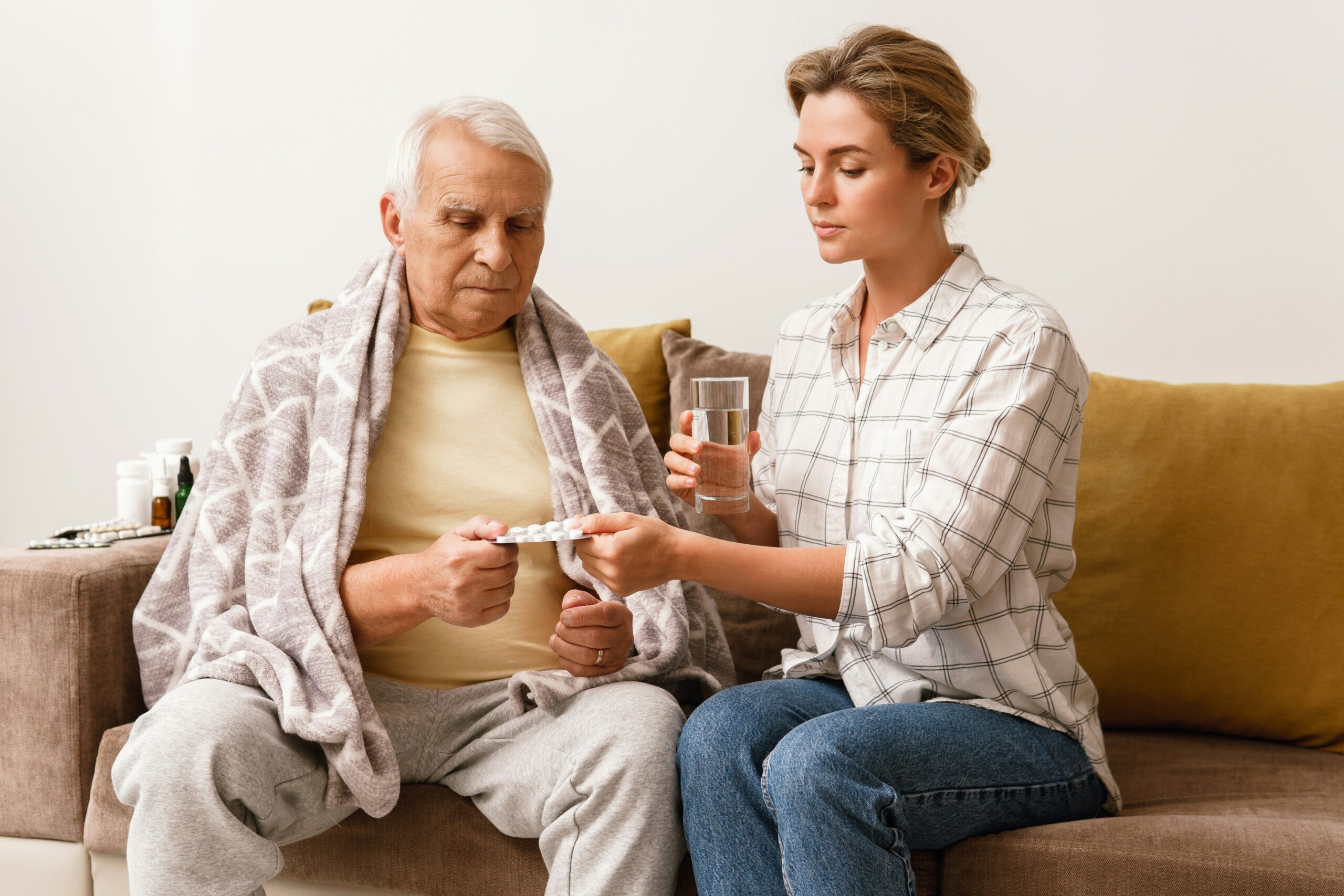Caregiver Burnout and Elder Abuse
By Reverend Juanita Stokes, MA, LPC, NCC, MARS
Licensed Professional Counselor
March 2022

Awareness may help us to be proactive in responding to Elder Abuse. According to the US Department of Health & Human Services, about 1 in 10 Adults over the age of 60 are abused, neglected, or financially exploited! Elder abuse can affect people of all ethnic backgrounds and social status and can affect both men and women.
Elder Abuse
Broadly defined, elder abuse may be: Physical Abuse: Inflicting or threatening to inflict, physical pain or injury on a vulnerable elder, or depriving them of a basic need. Emotional Abuse: Inflicting mental pain, anguish, or distress on an elder person through verbal or nonverbal acts. Sexual Abuse: Non-consensual sexual contact of any kind. Exploitation: Illegal taking, misuse, or concealment of funds, property, or assets of a vulnerable elder. Neglect: Refusal or failure by those responsible to provide food, shelter, health care or protection for a vulnerable elder. Self-Neglect: Characterized as the behavior of an elderly person that threatens his/her own health or safety and generally manifests itself by failure to provide himself/herself with adequate food, water, clothing, shelter, personal hygiene, medication (when indicated), and safety precautions.
Caregiver Burnout
The American Medical Association (AMA), defines Caregiver burnout as a state of physical, emotional and/or mental exhaustion that can create negative and unconcerned caregiver attitudes. Caregiver burnout can occur when caregivers don’t get the help or support, they need, and when the demands on a caregiver’s mind, body and emotions are overwhelming, leading to fatigue and sometimes hopelessness. Serving as a caregiver for a loved one is often mentally and physically demanding, making it difficult for the one providing care to tend to their own needs. Once the individual begins to feel the effects of burnout, it becomes difficult to care for themselves, as well as the patient in their charge
Prevention/Intervention
So, what can we do to help prevent elder abuse and neglect? If you are a caregiver to an elderly person and you feel you are in danger of hurting or neglecting the person you are caring for help and support are available. Perhaps you’re having trouble controlling your anger and find yourself screaming louder and louder or lashing out at the person in your care. Or other people have expressed concern with your behavior or the tension between the two of you. Or maybe you simply feel emotionally disconnected or overwhelmed by the daily needs of the person in your care.
Recognizing you have a problem is the biggest step to getting help and preventing abuse. Stress is a major contributor to elder abuse and neglect—you can help reduce your stress levels by regularly practicing techniques such as yoga, meditation, or deep breathing exercise. Request help from friends, relatives, or local respite care agencies or find an adult daycare program. Take regular self-care breaks from the stress of caring for an elder and attend to your own needs, if only for a couple of hours. Learn techniques for getting your anger under control. If you are not getting enough rest, you are much more likely to succumb to anger. Eat a healthy diet, get regular exercise, and take care of your own medical needs.
Family caregivers are especially at risk for depression. You can help with depression by staying connected. Look for support from people who make you feel safe and cared for. Make face-time a priority, simply talking about your thoughts and feelings with a supportive person can often make you feel better. It can be very healing in and of itself, to voice your worries or talk about something that’s weighing on your mind. And it feels good to be listened to—to know that someone else cares about you and wants to help. In addition to talking to trusted people, you may want to journal. Putting your feelings, emotions and negative thoughts on paper helps you to leave them behind—journaling can free your mind. Prayer journaling using the model of the Psalmist in the Book of Psalms, praying through your emotions and thoughts, can be cathartic.
Hope and healing are possible! Many of my colleagues and I at the Center for Pastoral Counseling are therapists who want to help. Reach out to us today!
References
Help Guide, Elder Abuse and Neglect, Retrieved on March 6, 2022 from Elder Abuse and Neglect – HelpGuide.org
Caring for the caregiver: A guide for physicians, Retrieved on March 6, 2022 from Caring for the Caregiver (ama-assn.org)
Image credit: https://unsplash.com/photos/bo3SHP58C3g
The views and opinions expressed in this article are those solely of the author and do not necessarily reflect the views and opinions of the Center for Pastoral Counseling of Virginia.
Request an Appointment
Individiual, Couples, Pre-Marital, Family,
Children's Counseling and Clergy Assessement
Was It Helpful To You?






